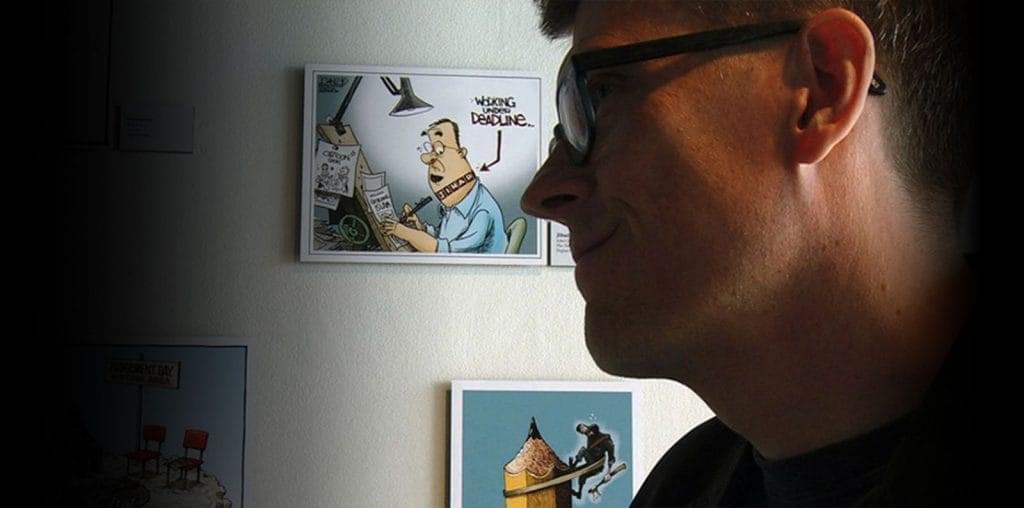
Appearing at the Palm Springs International Festival in the Foreign Language Oscar Submissions category, Puteri Gunung Ledang (The Princess of Mount Ledang, aka A Legendary Tale) is Malaysia’s first foray into the international chase for Best Foreign Picture. James Wegg enjoyed a traditional Malaysian coffee with the film’s director, Saw Teong Hin and star/producer Tiara Jacquelina, after the Camelot Theater screening.
Congratulations on making the first cut for the foreign films (for 2004, 80 submissions have been slimmed down to 50). How did the film get submitted in the first place?
STH: After the Minister of Culture (Datuk Rais Yatim) saw the film, he fell in love with it, so he formed a committee and organized the formal submission process. This is the first time for Malaysia so we’re all happy that the efforts of so many first-timers, their passion and dedication has paid off.
TJ: And as one of those first-timers (producer), it was an incredible lift that all of the lobbying, politics, and heartbreak involved in pushing an unknown project into the world has come this far so quickly.
How did you choose these legends?
TJ: In 1998, while working on a series of 30-minute programs of Malay fables, I came across a script by Mamat Khalid for a TV movie. I thought it was so unique – putting the two legends (Princess Ledang, Lord Admiral Hang Tuah) together – I could already see it and felt it deserved to be a film. When we did further research and found so many versions, we felt that to be our “licence” to shape the film one way. We re-wrote history.
STH: Exactly. Never is there an account of the Princess and the Warrior, but when we started to put it together it was strangely logical.
Putting together such a large project must have had its challenges. How did you bring it from script development to the screen?
STH: Being our first film, there was a steep learning curve. We had a private investor, so production financing wasn’t difficult. Soon we had a cast and crew that are the cream of the crop back home. We had 92 shooting days stretched over nine months. We were a slave to the weather and also discovered that in modern Malaysia it has become increasingly difficult to find pristine countryside. For the long shots of Mount Ledang, we had to “remove” the present day communication tower.
TJ: It was a dream project. We have a beautiful love story to tell and, now, we have a chance to bring it to the world. But we couldn’t have done it alone. Everyone – cast, crew, government officials, colleagues – said ‘Let’s do it – We’ll support Malay Cinema.’ I prepared for “Princessdom” by going to Mangkunagaran Palace in Solo, Java, hoping to learn more about the history, language and culture. I learned that at that time (15th Century), with some kingdoms collapsing, that you could lose everything. So I slept on the floor and subsisted on water, tapioca and plain rice. I’m so modern for a Malaysian that I felt I needed to find the Javanese in me. I began to understand that playing a royal wasn’t so much about how to tie my sarong as understanding the true meaning of the proverbs. And, of course, in those days the Malay culture went over (today’s) borders – we are one people.
STH: The special effects took months. I’ve done a lot of commercials which use them, but wasn’t fully prepared for the size of the work. In order for it to open on Independence Day, I had to let go of a couple of things.
How was it received at home?
TJ: The reviews were mixed – some must have had preconceived notions of the story. The project came with a lot of baggage – the media seemed more interested in its cost (~US $4 million) than the content. Sometimes it’s difficult to have your fellow citizens support a film that was made here.
STH: The good news was the noticeable cross-over – especially from the middle class as well as Indians and Chinese – not just Malay. Once we started the festival circuit, it was gratifying to see the pride the film instilled in the local Malaysian population (e.g. Venice, Los Angeles) – that reaction gives us a lot of strength.
The deliberate pace of the film may be an issue with some moviegoers, how has the reaction been in North America?
TJ: We couldn’t imagine how Americans would react: Does everything have to be American paced? Also, the expectation of “Bollywood” could be expected. But once the film starts, I’ve noticed that the audience soon surrenders themselves to the story – no one coughs!
What did you learn from your first experience directing a full-length feature?
STH: That I have to be even more unyielding–even with my producer and do whatever is good for the film. When you’re the captain of the ship you must remind everyone involved what sort of film we are making and keep in mind that it needs an international profile. We must get out of the (local) box.
And as neophyte producer?
TJ: The whole experience was a huge effort. It’s adrenalin; it’s nerve wracking. But if we didn’t do it, no one else would. The film was built on faith and passion. Now, as the film is shown to the world we hope it people will see we can make the best. The rest is up to fate.

